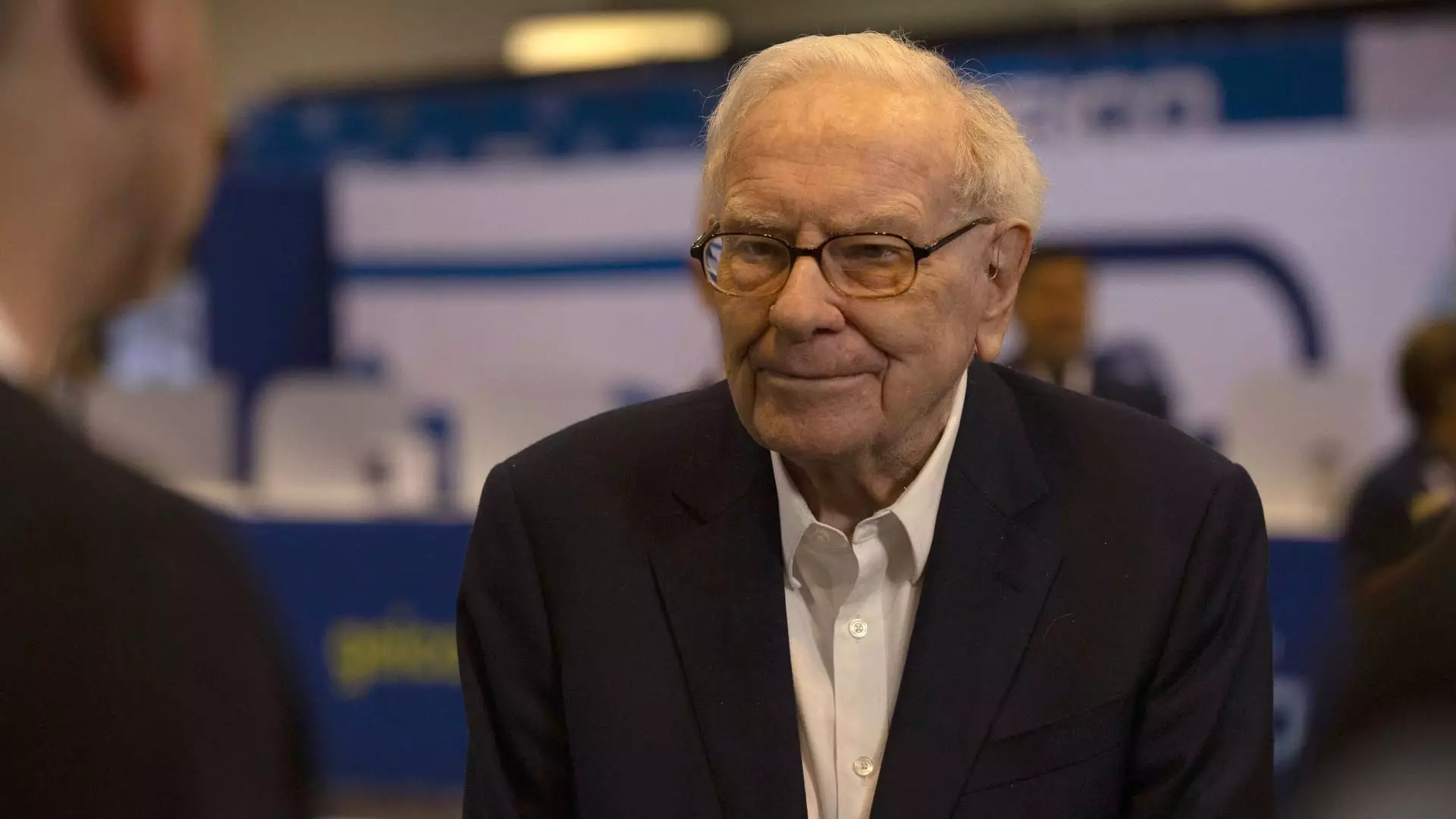Berkshire Hathaway, under the stewardship of Warren Buffett, has surprised many with its strong performance in the fourth quarter of 2024, showcasing a remarkable resilience in its operating businesses, particularly in the insurance sector. Despite facing headwinds from various fronts, the conglomerate has reported impressive earnings that reflect its diverse investment strategy and robust operational capacity.
In the last quarter of 2024, Berkshire Hathaway’s operating profit soared by a staggering 71%, reaching $14.527 billion. This growth was prominently fueled by a dramatic 302% increase in insurance underwriting income compared to the previous year’s figures, amounting to $3.409 billion. Furthermore, the insurance investment income also saw robust growth, increasing by nearly 50% to $4.088 billion. These figures illustrate the crucial role that the insurance segment plays in Berkshire’s overall profitability and reinforce the company’s capacity to thrive even amid fluctuations in other sectors.
When analyzed over the full year, operating earnings exhibited a 27% growth, totaling $47.437 billion. Buffett himself expressed pleasure with these results, although he highlighted that 53% of the company’s 189 operating businesses faced declines in earnings. This notion exposes a nuanced reality: while certain segments excelled, the broader operational landscape portrayed mixed results.
Berkshire Hathaway ended 2024 with an impressive cash reserve of $334.2 billion, a notable increase from the $325.2 billion recorded at the third quarter’s end. This capital accumulation prompts questions regarding Buffett’s next investment move, particularly as he has expressed challenges in identifying suitable investment opportunities. Despite the grandeur of the cash reserve, Buffett reassured shareholders of the company’s preference for equities over cash, framing the current cash holdings as a strategic position rather than a cause for concern.
Buffett emphasized that the majority of shareholder money remains committed to equities, which he reaffirmed as a cornerstone of Berkshire’s investment philosophy. He pointed out that while the marketable equities value decreased from $354 billion to $272 billion, the worth of non-quoted controlled equities has seen a positive trajectory, further underpinning the company’s long-term outlook.
In a stark contrast to the previous year, Berkshire’s investment gains experienced a significant slowdown, plummeting to $5.167 billion in the fourth quarter from an impressive $29.093 billion in 2023. This reduction can be attributed to strategic divestments that included a notable sell-off of Berkshire’s Apple stake throughout the year. The juxtaposition of investment gains against the backdrop of strong operational profits indicates a complex financial reality, whereby the conglomerate’s diversification strategy pays dividends in some areas while yielding lesser results in others.
Berkshire’s total earnings for the fourth quarter amounted to $19.694 billion, marking a 47% decline from $37.574 billion in the same period last year. For the full year, total earnings dipped to $88.995 billion, reflecting a 7.5% decrease compared to the previous year. This volatility underscores the fact that investors must look beyond isolated quarterly results to grasp the complete picture of the company’s financial health.
A critical concern for Berkshire is the potential impact of external factors, such as natural disasters, which Buffett warned could lead to significant financial repercussions. Specifically, the wildfires in Southern California are anticipated to result in an estimated pre-tax loss of around $1.3 billion for the insurance sector. This already complex financial landscape illustrates the challenges ahead and reinforces the need for a robust risk management strategy.
While Berkshire Hathaway’s fourth-quarter performance and overall 2024 results reflect a mélange of successes and challenges, they underscore the intricate nature of investing and managing a diversified portfolio. As Buffett continues to lead the company, stakeholders remain poised to observe how the conglomerate navigates these hurdles, especially with its considerable cash reserves and commitment to equity investments. Ultimately, the ability to adapt to changing market conditions while capitalizing on operational strengths will be pivotal for Berkshire’s continued success.


Leave a Reply